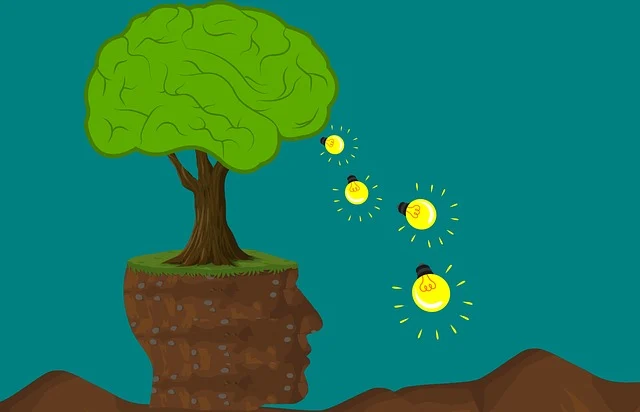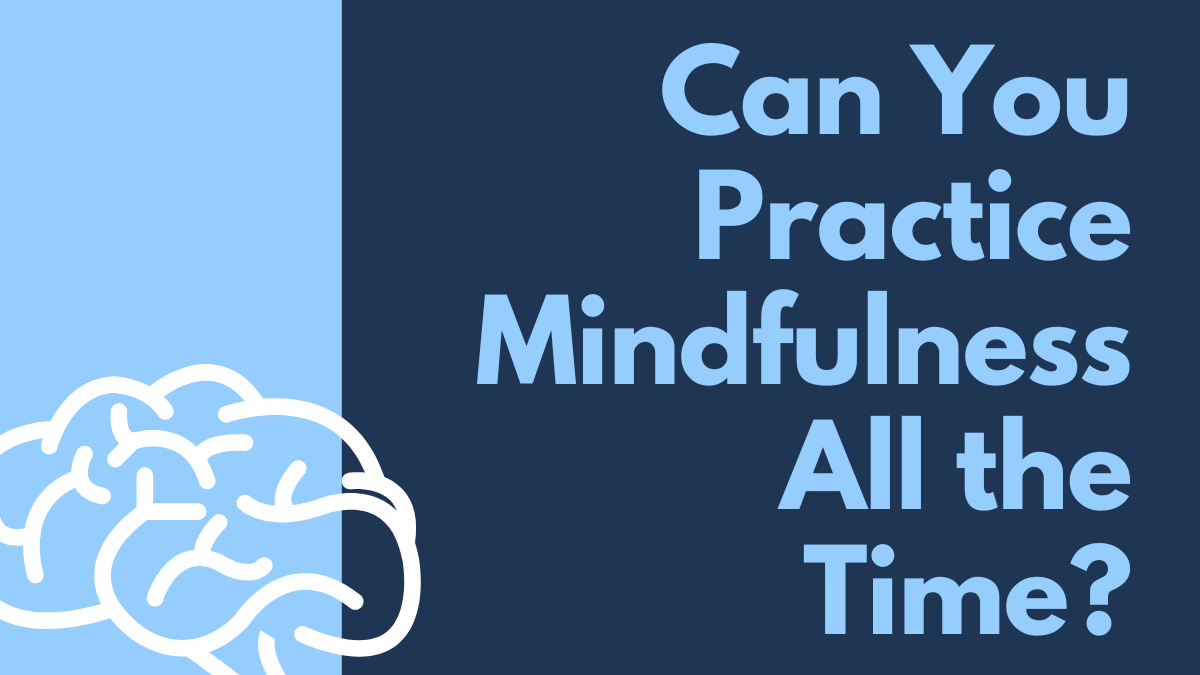Table of Contents
Introduction:
- Let’s begin by defining mindfulness. It’s similar to having superpowers in that it allows you to focus entirely on the present moment, avoiding being sidetracked by problems or thoughts of the past.
- Subsequently, pose the primary query: Is it possible to utilize this superpower continuously, or are there instances in which it is less effective?
Understanding Mindfulness:
- Consider your mind as a congested motorway where a constant stream of ideas passes by. Being mindful is similar to stopping at a rest area to escape the rush of life. It is about seeing all that is going on right now, without passing judgment on it as good or negative.
- Talk about the origins of mindfulness. It began in antiquity as a technique for meditating to clear one’s thoughts. It’s now well-liked as a method to feel happy and less stressed in our daily life.

Obstacles to Constant Mindfulness:
- Imagine that your day is one enormous adventure with lots of fascinating things to see and do. However, there are moments when it’s difficult to keep our attention on the journey because our thoughts stray. One of the difficulties with consistently practicing is the abundance of distractions!
- Mention that practicing mindfulness does not require constant serenity and quiet. It’s acceptable to experience emotional ups and downs. The main goal is to accept events as they arise without becoming overly consumed by them…
Including Mindfulness in Everyday Activities:
- Consider to be a magical spice that you can add to anything you do. You can practice mindfulness whether eating, walking, or even cleaning the dishes by focusing on the sensations and details of the activity.
- Start simple by choosing one focused action to complete each day. Perhaps it’s paying attention to your feet’s sensations when you walk or taking a few deep breaths before a meal.
Beyond Formal Practices in Mindfulness:
- Tell readers that practicing mindfulness isn’t limited to using a meditation cushion. It has to do with how you spend your entire life. You can engage in common practices such as paying close attention while a friend is speaking to you or pausing briefly before responding angrily.
- Tell us about a time when you overcame a challenging circumstance by practicing such as maintaining composure during a tense exam or finding serenity after a heated argument with a loved one.

Gratitude and Absence of Judgment:
- Describe mindfulness as having the attitude of a kind observer of your own thoughts and emotions. Rather than becoming upset with yourself for experiencing anxiety or sadness, you might tell yourself, “Hey, it’s okay to feel this way.” We’ll see what occurs next.
- Stress a key component of is treating yourself with kindness. When your mind wanders during meditation, you shouldn’t be too hard on yourself, just as you wouldn’t yell at a friend for making a mistake.
Conclusion:
- Summarize the key points to close: Being mindful is fantastic, but it’s not always simple to practice. We can, however, learn to incorporate more awareness into our daily lives with patience and effort.
- Start with tiny steps and be kind to yourself as you go to encourage readers to give it a try. In the end, it is about appreciating the process rather than focusing only on getting somewhere.
If you love personal development and goal-setting, more options then can check our Website for useful information

